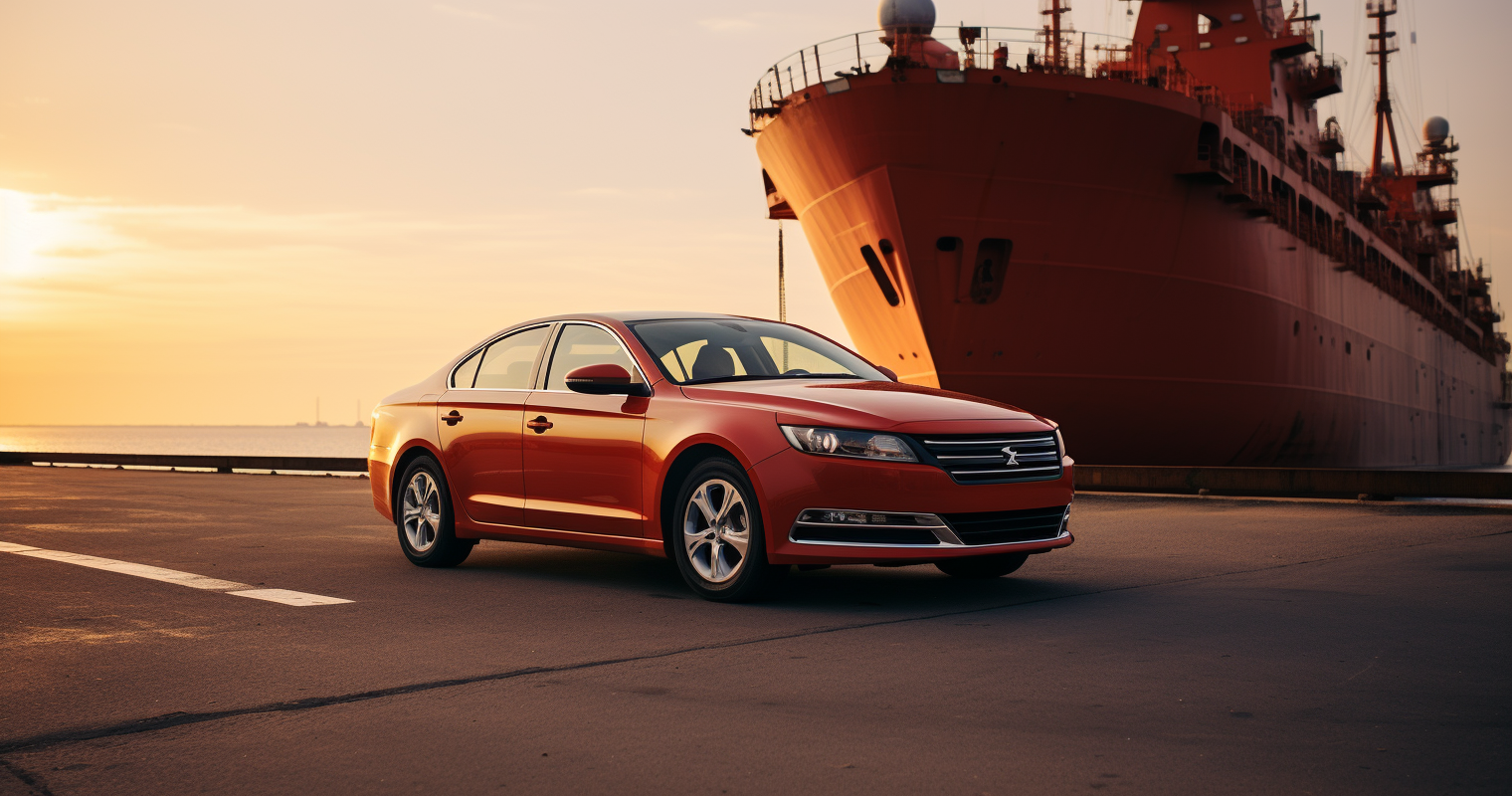Procedure for Buying a New or Used Car in Costa Rica
Buying a new or used car in Costa Rica is a relatively straightforward process, but there are some important things to keep in mind. The following steps outline the typical procedure for buying a car in Costa Rica:
Step 1: Determine Your Budget
Before starting the car buying process, it is essential to determine your budget. This includes deciding how much you can afford to spend on the car itself, as well as any associated costs such as insurance, registration, and maintenance.
Step 2: Research Vehicles
Research the vehicles that fit your budget and needs. You can start by looking at online car marketplaces or visit car dealerships in person. It is important to read reviews and compare prices of different vehicles to find the one that suits you the best.
Step 3: Test Drive
It is always recommended to test drive the car before making a final decision. During the test drive, check for any unusual noises, vibrations, or warning lights.
Step 4: Negotiate Price
After you have found the car you want to buy, negotiate the price with the seller. You can also check the prices of similar vehicles in the market to make sure you are getting a fair deal.
Step 5: Secure Financing
If you need financing to buy the car, you can either get a loan from a bank or finance through the dealership. Make sure to compare the interest rates and terms of the loan to find the best option for you.
Step 6: Complete the Transaction
Once you have agreed on the price and secured financing, you can complete the transaction. This includes signing the purchase agreement, registering the vehicle, and obtaining insurance.
Information Specifically Relevant to Foreign Nationals
Foreign nationals can buy a car in Costa Rica, but there are some additional steps they need to take. Firstly, they need to have a valid driver’s license from their home country. However, it is recommended to get a Costa Rican driver’s license before buying a car in Costa Rica, as it is required to register the vehicle.
Secondly, foreign nationals need to provide proof of insurance to register the vehicle. This can be obtained from an insurance company in Costa Rica, but it is recommended to get a quote before arriving in Costa Rica to avoid any surprises.
Lastly, foreign nationals need to pay all applicable taxes and fees when registering the vehicle. These fees vary depending on the type and age of the vehicle.
Procedure for Importing a Vehicle in Costa Rica
Importing a vehicle into Costa Rica can be a complex process, but it is possible. The following steps outline the process of importing a vehicle in Costa Rica:
Step 1: Determine Eligibility
Before importing a vehicle into Costa Rica, you need to determine if it is eligible. Vehicles that are eligible for importation include those that are less than 12 years old and meet Costa Rica’s emissions and safety standards.
Step 2: Apply for Import Permit
After determining eligibility, you need to apply for an import permit from the Ministry of Environment and Energy. This process requires providing a variety of documents, including the vehicle’s registration and proof of ownership.
Step 3: Pay Taxes and Fees
Importing a vehicle into Costa Rica requires paying taxes and fees, including customs duty, value-added tax (VAT), and consumption tax. These fees vary depending on the type and age of the vehicle.
Step 4: Obtain License Plates
After paying the taxes and fees, you need to obtain license plates for the vehicle. This requires registering the vehicle with the National Registry and obtaining a Costa Rican driver’s license.
Relevant Government Departments and Contacts
Importing a vehicle into Costa Rica requires dealing with several government departments and agencies. The following are some of the relevant contacts and links for importing a vehicle into Costa Rica:
- Ministry of Environment and Energy: responsible for issuing import permits. Website: www.ministeriodesalud.go.cr
- Directorate General of Customs: responsible for collecting import taxes and fees. Website: www.hacienda.go.cr
- National Registry: responsible for vehicle registration and licensing. Website: www.rnpdigital.com
Procedure for Selling a Car in Costa Rica
Selling a car in Costa Rica requires specific paperwork and procedures. The following steps outline the typical procedure for selling a car in Costa Rica:
Step 1: Gather Necessary Documents
Before selling a car, you need to gather the necessary documents, including the vehicle registration, proof of ownership, and any maintenance or repair records.
Step 2: Determine the Selling Price
Once you have the necessary documents, determine the selling price of the car. You can check the prices of similar vehicles in the market to ensure that you are pricing it correctly.
Step 3: Advertise the Car
Advertise the car to potential buyers through online car marketplaces, classified ads, or social media. Make sure to include relevant details about the car, such as the make, model, year, mileage, and condition.
Step 4: Complete the Sale
Once you have found a buyer, complete the sale by signing the bill of sale, transferring the ownership, and transferring the license plates. Make sure to cancel your insurance policy and remove any personal belongings from the car.
Buying, importing, or selling a car in Costa Rica requires specific paperwork and procedures. Whether you are a resident or a foreign national, it is important to understand the process and the relevant contacts and links for each step. By following the steps outlined in this article, you can ensure a smooth and successful car buying, importing, or selling experience in Costa Rica.

